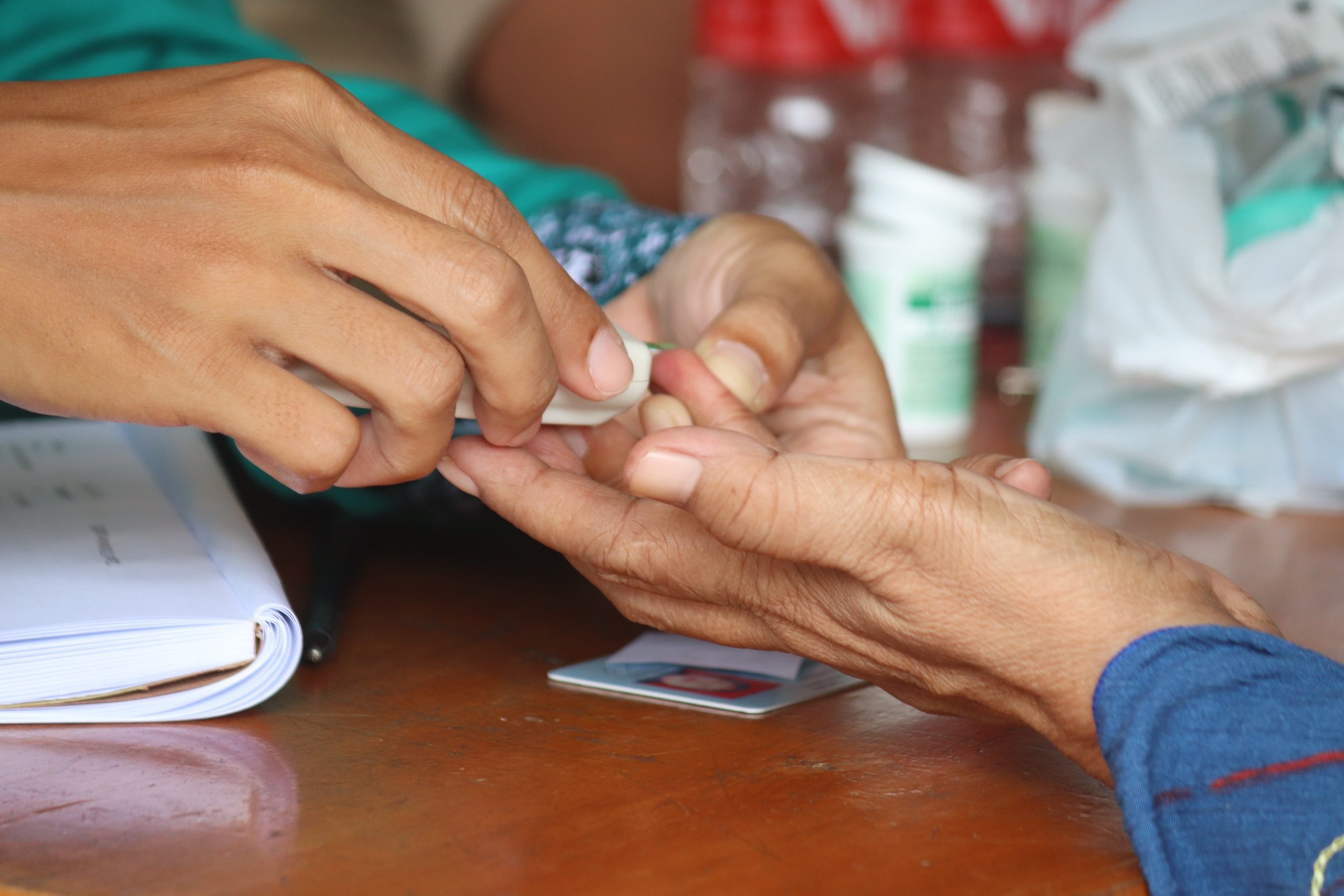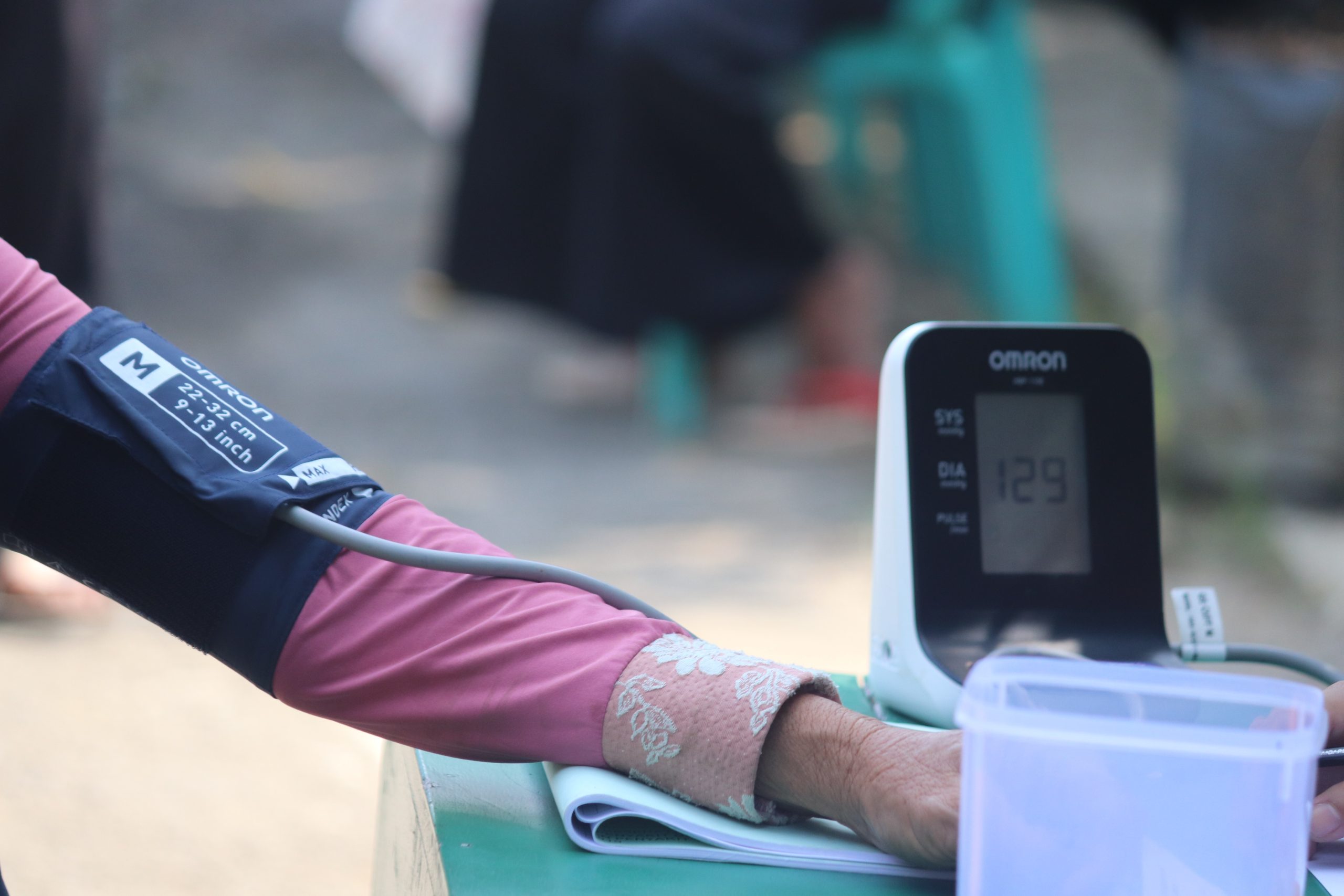WHAT IS DIABETES

Diabetes is a chronic medical condition that occurs when the body either doesn’t produce enough insulin or cannot effectively use the insulin it produces. Insulin is a hormone that helps regulate blood sugar (glucose) levels and allows cells to use glucose for energy. There are three main types of diabetes: type 1 diabetes, type 2 diabetes, and gestational diabetes.
- Type 1 diabetes: This type of diabetes occurs when the immune system mistakenly attacks and destroys the insulin-producing cells in the pancreas. People with type 1 diabetes require insulin injections or the use of an insulin pump to manage their blood sugar levels.
- Type 2 diabetes: Type 2 diabetes is the most common form of diabetes, accounting for the majority of cases. It develops when the body becomes resistant to the effects of insulin or doesn’t produce enough insulin to maintain normal blood sugar levels. Lifestyle changes, such as a healthy diet, regular exercise, and weight management, are key to managing type 2 diabetes. In some cases, oral medications or insulin injections may be prescribed.
- Gestational diabetes: This type of diabetes occurs during pregnancy in women who have high blood sugar levels but have not previously had diabetes. It usually resolves after giving birth, but women who have had gestational diabetes are at a higher risk of developing type 2 diabetes later in life.
Here are some general approaches to manage diabetes:
- Healthy eating: Follow a balanced diet that includes whole grains, fruits, vegetables, lean proteins, and healthy fats. Limit the consumption of processed foods, sugary drinks, and foods high in saturated fats and sodium. It’s also important to monitor portion sizes and spread meals throughout the day.
- Regular exercise: Engage in regular physical activity to help control blood sugar levels, improve insulin sensitivity, and maintain a healthy weight. Aim for at least 150 minutes of moderate-intensity aerobic exercise, such as brisk walking, cycling, or swimming, per week.
- Blood sugar monitoring: Regularly monitor your blood sugar levels using a glucometer or continuous glucose monitoring (CGM) system. This helps you understand how different factors, such as food, exercise, and medication, affect your blood sugar levels and allows for adjustments in your diabetes management plan.
- Medications and insulin: Depending on the type and severity of diabetes, medications may be prescribed to help control blood sugar levels. These may include oral medications, injectable medications, or insulin therapy. It’s important to take medication as directed and discuss any concerns or side effects with your healthcare provider.
- Weight management: If you are overweight or obese, losing weight can significantly improve blood sugar control and overall health. Your healthcare provider can help you set realistic weight loss goals and develop a plan to achieve them.
- Stress management: Stress can affect blood sugar levels, so finding healthy ways to manage stress is important. This can include activities like meditation, deep breathing exercises, yoga, or engaging in hobbies you enjoy.
- Regular check-ups: Schedule regular check-ups with your healthcare provider to monitor your diabetes management, address any concerns, and adjust your treatment plan if necessary.
Diabetes management is a lifelong commitment, and it’s important to work closely with your healthcare team to develop an individualized plan that meets your specific needs and goals. By effectively managing diabetes, you can reduce the risk of complications and lead a healthy and active life.





